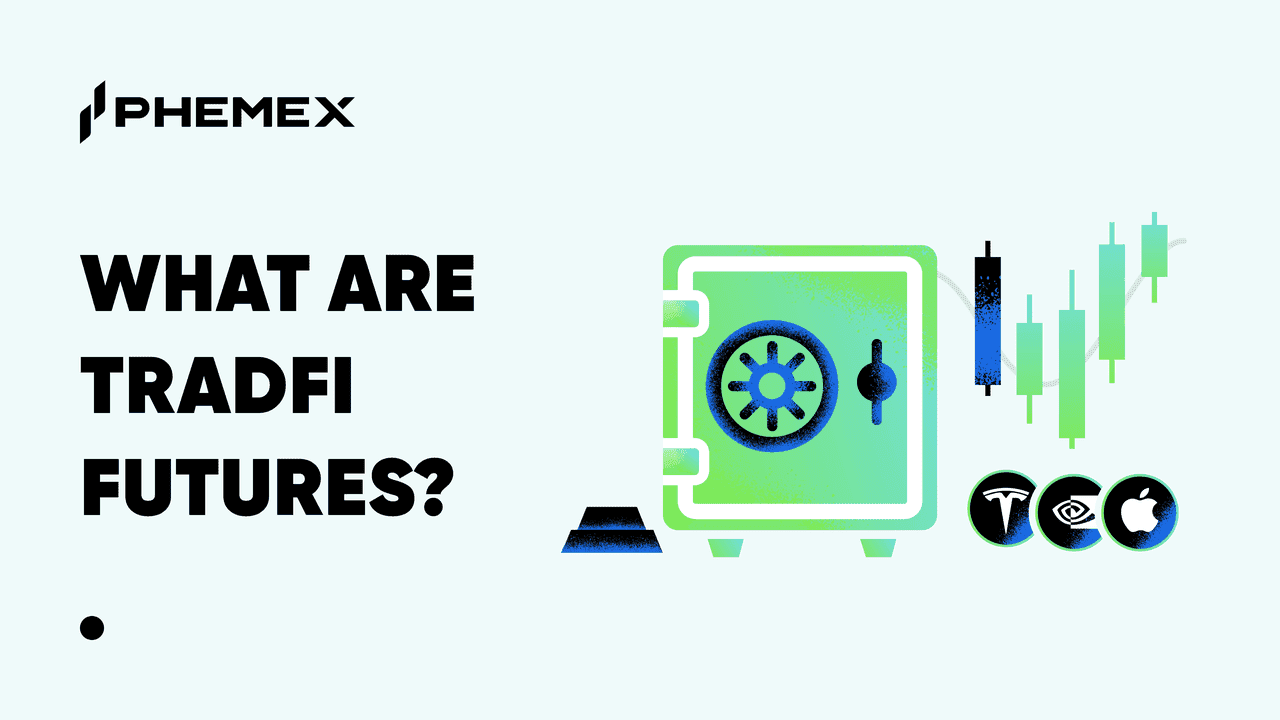Being a successful crypto trader is one of the most difficult pursuits that any person can undertake. The path to success is littered with countless examples of even those who are considered “the smartest people in the room”, that have blown up, gone bust, and burnt out.
Like all difficult paths, a long set of cardinal rules have been established by those who went first. Many have trouble heeding the advice, regardless of how painful the consequences can be.
You will find that many of the reasons why traders fail, fall under the category of behavioral shortcomings, rather than technical mistakes. Let us talk about the most common mistakes and how traders can mitigate them.
Holding Too Long
One of the most common mistakes that both traders and investors make is hanging on to losers for too long. A trader and/or investor should have objective criteria for entering a position established beforehand, as well as objective criteria for exiting. Without this, and the discipline to diligently follow rules, a trader’s brain will become a cognitive bias machine any time a position goes against them. They will begin to spin up new narratives and seek confirming information as to why these conditions suddenly are now acceptable when previously they were not. This is a mental trick and a major mistake that needs to be fixed as early as possible. Your first guess does not need to be the right one, do not go down with the ship over any one trade.

Unrealistic Profit Targets
Another common shortcoming is not setting realistic profit targets and “swinging for the fences”. Trading should be approached like a game of baseball; sometimes you hit home runs, but often you should simply be focusing on successfully making base hits. In the end, the difference between both is not massive. No baseball player can hit a home run that scores 10 points, there are obvious limitations. Only in markets do most new participants and players constantly think in terms of massive exponential gains and growth each time they take a position. The key to success is consistency and frequency. Consistent performance over time makes a great trader the same way it makes a great hitter. Taking profits and locking in your trades so that you can live to take another is key. Compounding and the law of large numbers is what you are seeking to take advantage of, not one single trade working out. Make sure you collect your capital based on targets you decided on beforehand, and that you do not let it ride continuously on hope.
Overcommitting
Another lesson both traders and investors need to understand is to never over-commit to any one position. Again, this would be akin to going for the home run or the big win. Position sizing needs to be based on predefined levels of risk as well as consideration of other variables such as volatility. Not only so that you always have dry powder in case more opportunities are presented, but so that no single loss can take you completely off the game board. Remember, the goal is to be able to play as many hands as you can, not to win the entire game in one shot. Think of the big picture. Once you have a profitable system, your goal is to be able to put as much volume (trade frequency) as possible behind those ideas. Losses are a very real part of trading, and negative compounding with large positions can draw down a portfolio to the point where recovery is nearly impossible.
Having a Plan and Keeping Records
The last thing to cover is having a plan and recording your performance. Having a predefined plan ensures that we are following some type of axiomatic approach in our decision making; recording our performance allows us to judge how we stuck to or deviated from our plan and what the costs of these divergences were. Any time money is involved, peoples’ emotions are involved too. By having a plan, we have something to fall back on when situations suddenly change. By recording our performance and journaling we can keep accurate details on what works and what does not. Plan your trade and trade your plan.
(Tips for managing emotions that can help both crypto traders and investors)
Be professional about your approach. Go about your trading as any top-tier athlete or business owner would go about their own performance. The reason most traders end up failing often has more to do more with behavioral psychological flaws and lack of discipline rather than poor trade setups. By improving in the key areas defined above, you will be one step closer to trading like a machine and thereby performing better overall.
By Ryan Scott (@CanteringClark)
For any inquiries contact us at support@phemex.com.
Follow our official Twitter account to stay updated on the latest news.
Join our community on Telegram to interact with us and other Phemex traders.
Phemex, Trade Simple
Read More
- Managing Emotions
- How To Trade Crypto: The Ultimate Investing Guide
- Buy Low, Sell High Crypto: 4 Things To Do (3 To Avoid)
- Crypto Trading vs. Investing: Key Differences Explained
- What is Trading Psychology: The Single Most Critical Factor Between A Profitable and An Unsuccessful Trader
- What is Social Trading: Copying the Secrets of Successful Traders
- How to Take Profits in Crypto Trading
- Day Trading Crypto for Beginners: Get started with Day Trading






